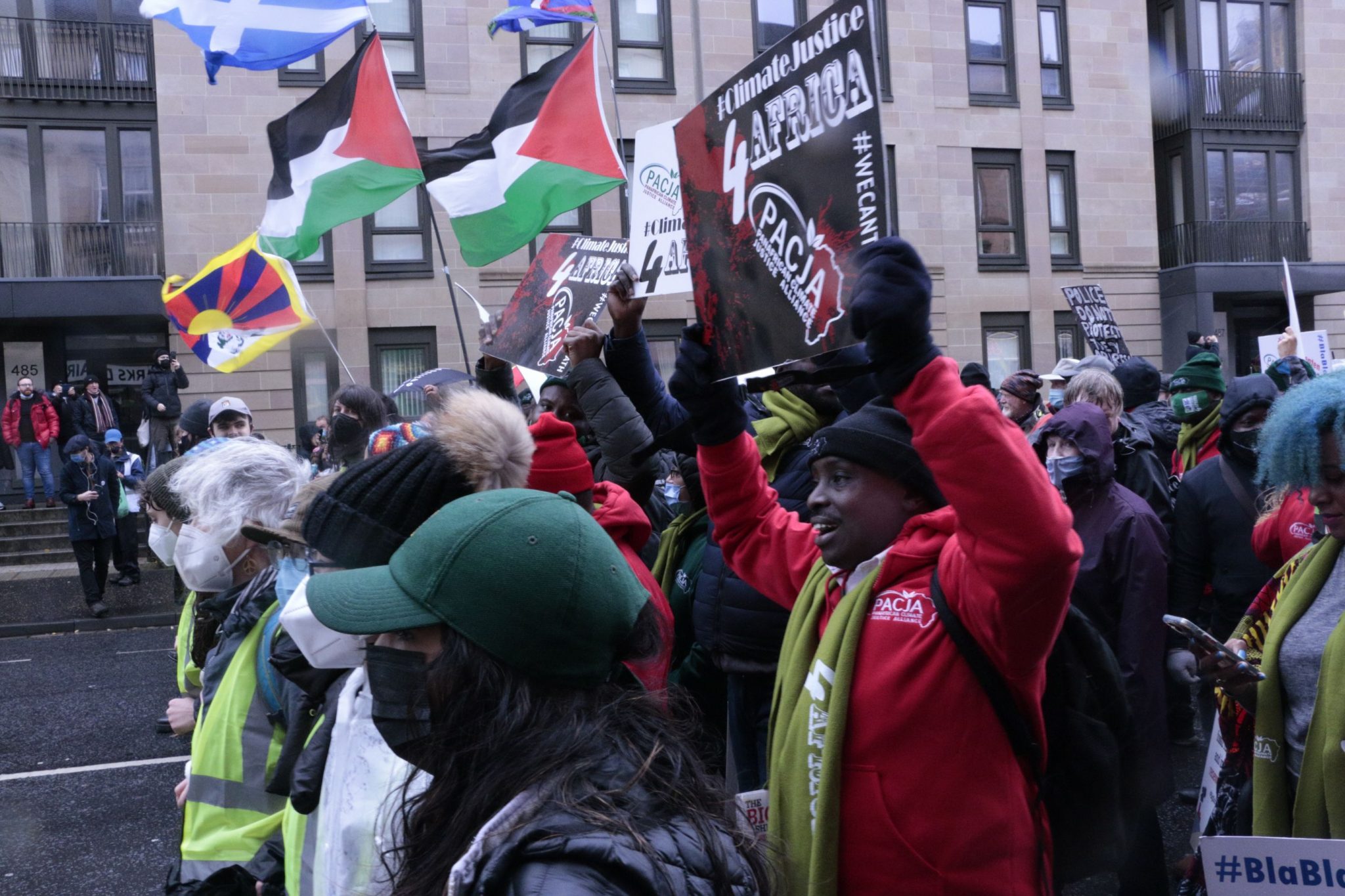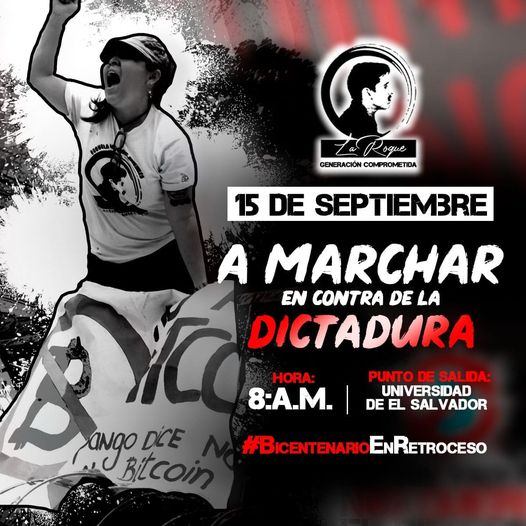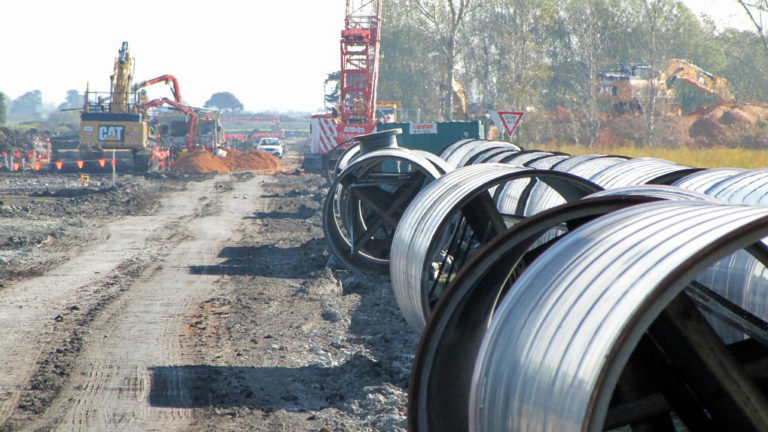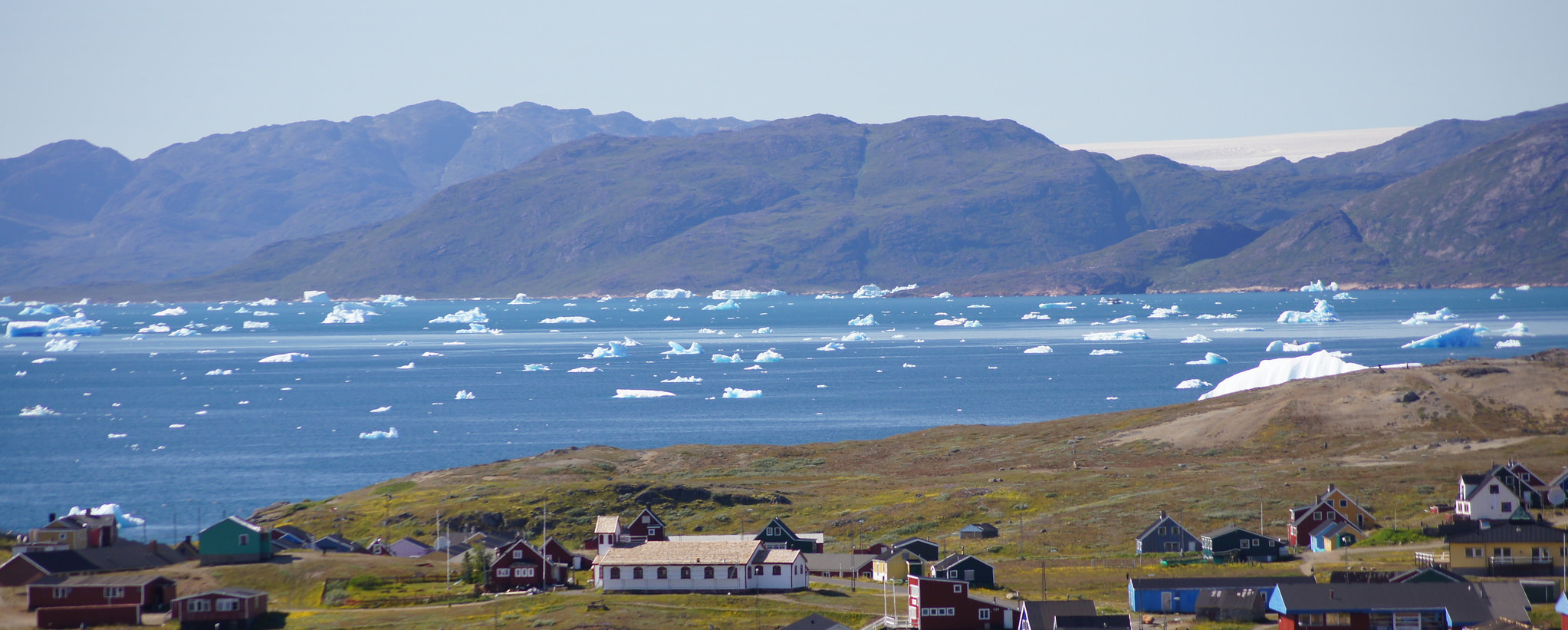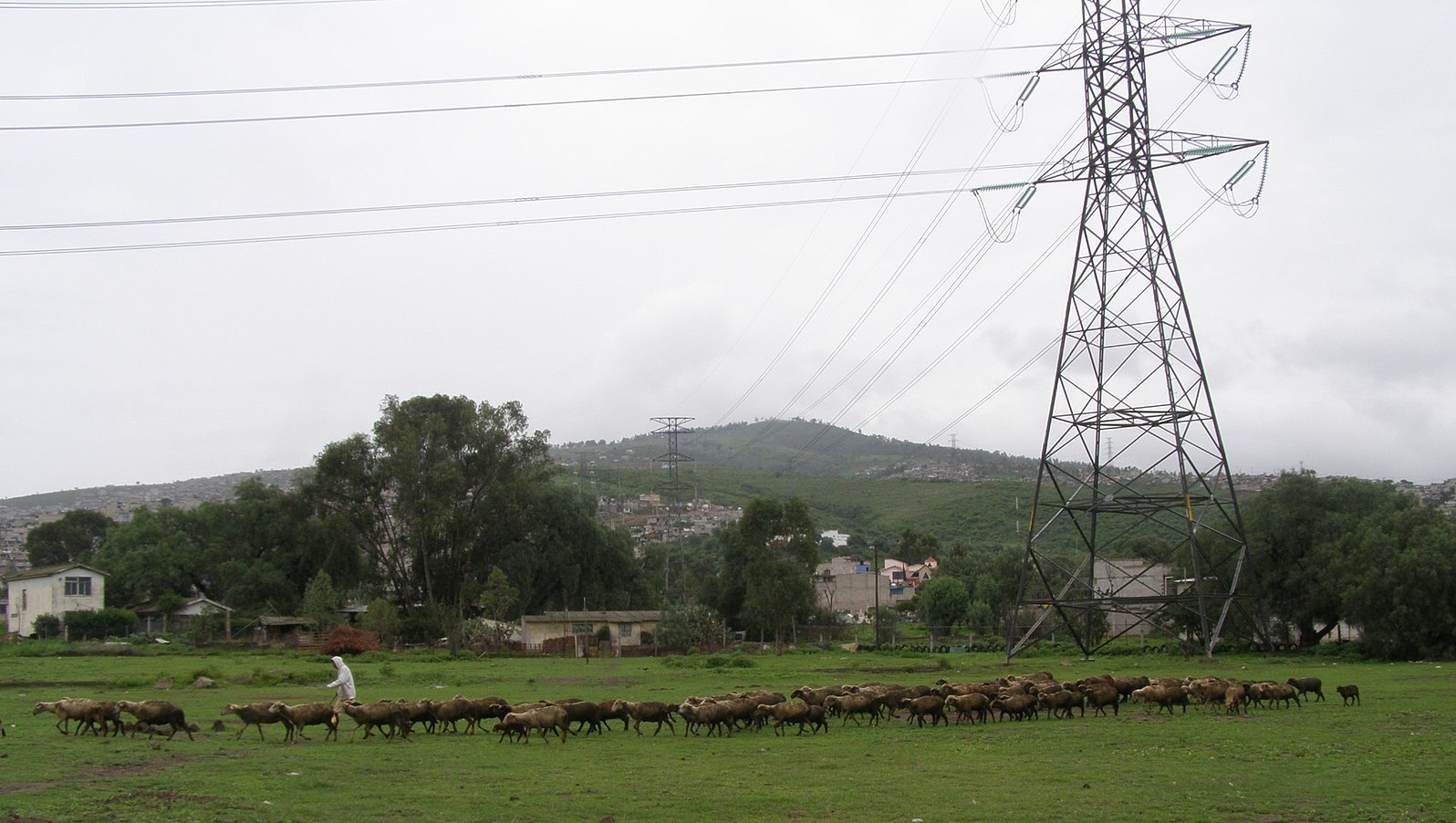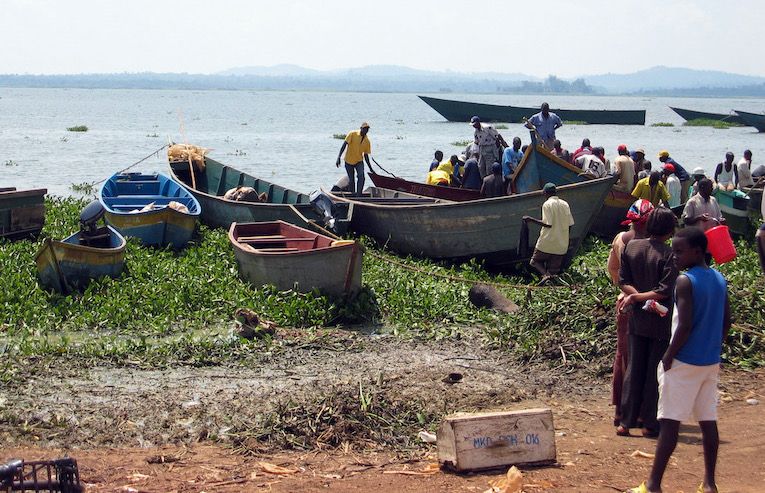Europe

France’s highest court overturned a lower-court decision to dismiss charges of complicity in crimes against humanity by cement company LaFarge, which is accused of paying ISIS and other militant groups at least 13 million euros to keep its factory in northern Syria running. The ruling by the Court of Cassation marks a major setback for Lafarge, which contested its responsibility for acts committed with funds it provided to the extremists. The Paris Court of Appeal accepted the company’s argument that the payments were not aimed at abetting ISIS atrocities. But the Cassation Court found that “one can be complicit in crimes against humanity even if one doesn’t have the intention of being associated with the crimes committed. Knowingly paying several million dollars to an organization whose sole purpose was exclusively criminal suffices to constitute complicity, regardless of whether the party concerned was acting to pursue a commercial activity.” (Photo via MEMO)
